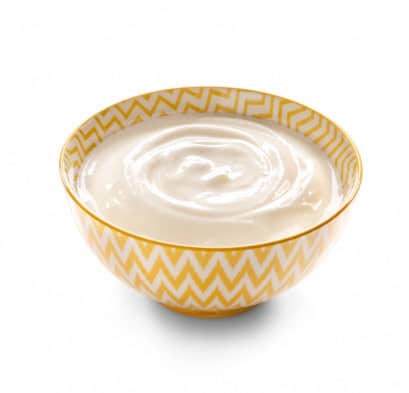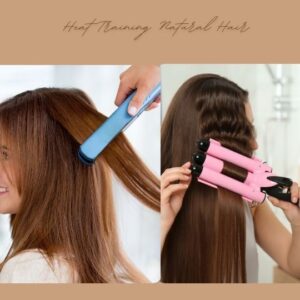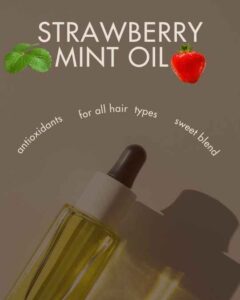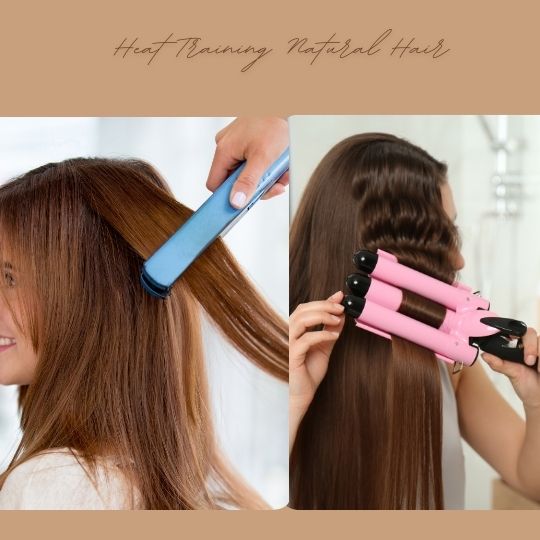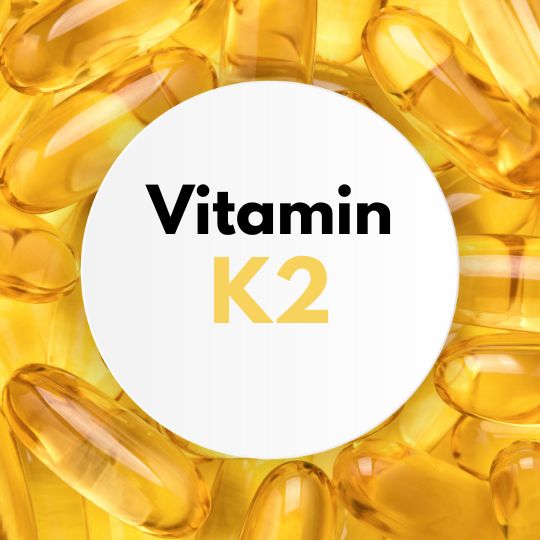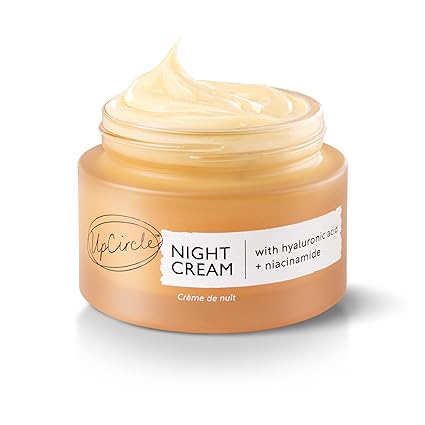Yogurt can be a beneficial ingredient for promoting hair growth due to its high protein content and probiotics, which can help nourish the scalp and strengthen the hair follicles.
yogurt has been used for centuries due to its natural properties that promote healthy hair and nourished skin.
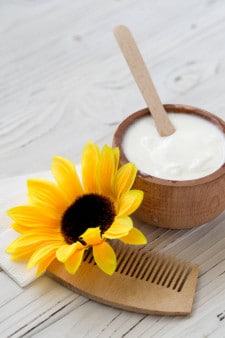
vista.com
Here are 11 different ways you can use yogurt for hair growth:
Table of Contents
ToggleYogurt Hair Mask:
Prepare a hair mask by mixing yogurt with ingredients like honey, aloe vera gel, or fenugreek powder. Apply the mixture to your scalp and hair, leave it on for 30 minutes to an hour, and then rinse thoroughly.
Yogurt and Egg Mask:
Combine yogurt with an egg to create a protein-rich hair mask. Apply it to your hair, focusing on the roots and ends. Leave it on for 30 minutes before rinsing.
Yogurt and Olive Oil Treatment:
Mix yogurt with a tablespoon of olive oil and apply it to your scalp and hair. Massage gently and leave it on for 30 minutes to an hour before rinsing.
Yogurt and Lemon Juice Rinse:
Mix equal parts of yogurt and freshly squeezed lemon juice. After shampooing your hair, use this mixture as a final rinse to promote scalp health and shine.
Yogurt and Curry Leaves Paste:
Blend yogurt with a handful of fresh curry leaves to create a paste. Apply it to your scalp and hair, leave it on for 30 minutes, and rinse thoroughly. Curry leaves are believed to stimulate hair growth.
Yogurt and Onion Juice Blend:
Mix yogurt with freshly extracted onion juice. Apply the mixture to your scalp and leave it on for 30 minutes before washing it off. Onion juice is known for its potential to boost hair growth.
Yogurt and Hibiscus Hair Pack:
Create a hair pack by blending yogurt with crushed hibiscus flowers. Apply the mixture to your scalp and hair, leave it on for 30 minutes, and then rinse thoroughly. Hibiscus is believed to strengthen hair and promote growth.
Yogurt Scalp Massage:
Massage plain yogurt onto your scalp using your fingertips. The massaging action will stimulate blood circulation and help the nutrients in the yogurt reach the hair follicles.
Yogurt and Coconut Oil Pre-shampoo Treatment:
Combine yogurt with coconut oil and apply it to your hair from roots to ends. Leave it on for at least 30 minutes before shampooing as usual. This treatment helps nourish the hair and scalp.
Yogurt and Avocado Hair Mask:
Mash an avocado and mix it with yogurt to create a hair mask. Apply it to your hair, focusing on the lengths and ends. Leave it on for 30 minutes before rinsing.
Yogurt and Oil Treatment:
Add a few drops of rosemary essential oil to yogurt and apply it to your scalp. Leave it on for 30 minutes before washing your hair. Rosemary oil is believed to stimulate hair growth.
| Pairing yogurt with natural ingredients like eggs provides additional hair care benefits such as increased moisturization and stronger hair. | It is rich in probiotics and amino acids and can help provide nourishment and hydration to your hair. |
| It reduces dandruff, calms frizz, increases hair density, prolongs the anagen phase in hair growth, vastly improves scalp health, prevents hair fall and damage, and regulates the scalp pH level. | People from various backgrounds and cultures around the world use yogurt and for its potential health benefits. |
Some Amazing Benefits Of Using Yogurt For Hair about a diffident way like this There are numerous benefits of using yogurt for hair growth.
Pair these yogurt hair packs with additional tips such as eating a healthy diet, exercising, and regularly relieving stress.
- Reduces Dandruff
- Calms Frizz
- Increases Hair Density
- Prolongs the Anagen Phase
- Improves Scalp Health
- Prevents Hair Fall and Damage
- Regulates Scalp pH Level
Do try our yogurt hair mask recipes.

vista.com
Here are a few yogurt hair mask recipes that can help promote hair growth and improve the overall health of your hair:
- Yogurt and Honey Hair Mask:
- Ingredients:
- ½ cup yogurt,
- 2 tablespoons honey
- Mix yogurt and honey in a bowl until well combined.
- Apply the mixture to your scalp and hair, focusing on the roots and ends.
- Leave it on for 30-60 minutes before rinsing thoroughly.
- Yogurt and Coconut Oil Hair Mask:
- Ingredients:
- ½ cup yogurt,
- 2 tablespoons coconut oil
- Warm the coconut oil slightly and mix it with yogurt in a bowl.
- Apply the mixture to your hair, from the roots to the tips.
- Leave it on for 30-60 minutes before washing your hair with a mild shampoo.
- Yogurt and Fenugreek Hair Mask:
- Ingredients:
- ½ cup yogurt,
- 2 tablespoons fenugreek powder
- Mix yogurt and fenugreek powder to form a paste.
- Apply the paste to your scalp and hair, massaging gently.
- Leave it on for 30-60 minutes before rinsing thoroughly.
- Yogurt and Aloe Vera Hair Mask:
- Ingredients:
- ½ cup yogurt,
- 2 tablespoons aloe vera gel
- Mix yogurt and aloe vera gel in a bowl until well combined.
- Apply the mixture to your scalp and hair, ensuring even distribution.
- Leave it on for 30-60 minutes before rinsing thoroughly.
- Yogurt and Lemon Juice Hair Mask:
- Ingredients:
- ½ cup yogurt,
- 1 tablespoon lemon juice
- Mix yogurt and lemon juice in a bowl until well blended.
- Apply the mixture to your scalp and hair, gently massaging it in.
- Leave it on for 25-30 minutes before wash it.
Apply these hair masks once or twice a week, depending on your hair’s needs. Leave them on for the specified time and then rinse them out thoroughly. Follow up with your regular shampoo and conditioner routine.
Remember to do a patch test before applying any new ingredients to your hair or scalp, especially if you have any known allergies or sensitivities. If you experience any adverse reactions, discontinue use and consult a healthcare professional.
You can use yogurt in various ways depending on your needs and preferences. Yogurt is not only a delicious and nutritious food but can also be used for various purposes beyond consumption.
Here are a few examples:
key ingredients:
The key ingredients of yogurt are:
Milk:
Yogurt is primarily made from milk, which can come from various sources such as cows, goats, or sheep. The milk serves as the base for yogurt and provides its creamy texture and nutritional components.
Starter Cultures:
Yogurt is created through a fermentation process using specific bacterial cultures known as starter cultures. The most common starter cultures used are Lactobacillus bulgaricus and Streptococcus thermophilus. These cultures convert lactose (milk sugar) into lactic acid, which gives yogurt its tangy flavor and helps in thickening the milk.
Probiotics:
As a result of the fermentation process, yogurt contains live and active cultures known as probiotics. These are beneficial bacteria that can help support gut health and digestion. Common probiotic strains found in yogurt include Lactobacillus acidophilus and Bifidobacterium bifidum.
Additional Ingredients (optional):
Depending on the brand and type of yogurt, there might be additional ingredients added for flavor, texture, or nutritional enhancement. These can include sweeteners (sugar, honey, or fruit), natural flavors, stabilizers, and fortifying nutrients like vitamins and minerals.
It’s important to note that when choosing yogurt, it is advisable to opt for plain, unsweetened varieties to avoid excess added sugars.
This allows you to have better control over the ingredients and customize the flavor and sweetness according to your preferences.
FAQ
Is yogurt good protein for hair?
Yogurt contains protein, which can be beneficial for hair health. Protein is an essential component of hair as it contributes to its strength, structure, and overall health. Including protein in your hair care routine can help repair damaged hair, promote hair growth, and prevent breakage.
While yogurt does contain protein, it is important to note that the protein content in yogurt may vary depending on the brand and type. Greek yogurt, for example, generally has a higher protein content compared to regular yogurt.
Does protein reduce frizzy hair?
Protein can help reduce frizzy hair to some extent. Frizz is often caused by hair that lacks moisture and has raised cuticles, which allow humidity to penetrate the hair shaft. Protein treatments can temporarily smooth the cuticles, making the hair appear smoother and less prone to frizz. Protein treatments can fill in gaps in the hair shaft, improving its structural integrity and reducing frizz.
Do you shampoo after yogurt hair mask?
Yes, it is recommended to shampoo your hair after applying a yogurt hair mask. While the yogurt hair mask provides nourishment and benefits to the hair and scalp, it’s important to rinse out the yogurt and any other ingredients thoroughly to avoid any residue or build-up.

